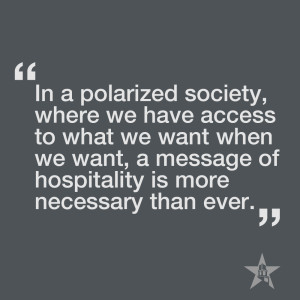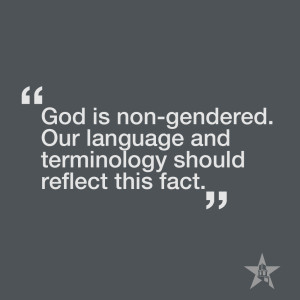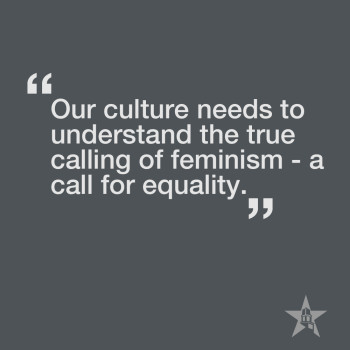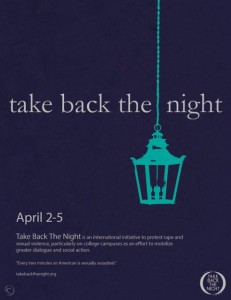Currently, 31 states in the U.S. still have the death penalty. According to ProCon.org, the remaining 19 states (including New York) and the District of Columbia have abolished it. Personally, and for as long as I can remember, I have never been in favor of this inhumane practice. Particularly from a Christian perspective, I do not believe an individual should support the murder of another divinely created being.
 Before I go further, I do wish to address the simple fact that moral issues, such as the one in question, hold no cut and dry ethical answer. However, as a pacifist I find that war is never the ideal answer. Yet, I also understand that military duty and service to protect one’s homeland and the innocent may at times be necessary. Furthermore, as much as I deeply hate to admit it, sometimes nothing other than combative action may aid a desperate situation. However, condemning to death an imprisoned individual who is no longer a societal threat is far different than those deaths which occur from “just” actions of war.
Before I go further, I do wish to address the simple fact that moral issues, such as the one in question, hold no cut and dry ethical answer. However, as a pacifist I find that war is never the ideal answer. Yet, I also understand that military duty and service to protect one’s homeland and the innocent may at times be necessary. Furthermore, as much as I deeply hate to admit it, sometimes nothing other than combative action may aid a desperate situation. However, condemning to death an imprisoned individual who is no longer a societal threat is far different than those deaths which occur from “just” actions of war.
Many readers may argue that our country cannot fiscally afford to imprison our most dangerous death row inmates for life. To answer that possible rebuttal, I simply ask those readers to find my article from a few months’ ago. That article discusses our country’s mass incarceration problems and mandatory minimum sentencing. In short, our country has every ability to cut down on federal prison costs while also nationally abolishing the death penalty. We, as a nation, need to stop unjustly incarcerating low-level nonviolent offenders who often need rehabilitation more than long term prison sentences.
However, let us get back to the topic at hand. According to the New York Times, in the 1990s, 80 percent of Americans supported the death penalty while presently 60 percent of Americans are in support. And while this decline is good to see, the problem still remains: the majority of Americans are still in favor. Killing another human being is still considered “okay” in the eyes of many citizens. Quite frankly, this fact disgusts me.
The death penalty–aside from being a legal form of murder–is also, as Associate Justice of the Supreme Court Stephen Breyer firmly states, an “unreliable, arbitrary, and racially discriminatory” sentence. Furthermore, Breyer, along with others, agrees that the death penalty violates the eighth amendment’s protection against cruel and unusual punishment (New York Times). It is indeed cruel to kill another being when this action is not necessary to protect the safety of others.
 In continuation, I also believe that another heated social justice issue must be brought into the discussion. It is deeply contradictory for one to be both pro-life and in support of the death penalty. If all life is precious (as I agree it is), then how can one justify murder on death row? Regardless of who the criminal in question has murdered and what other crimes they have committed, he or she does not deserve death. These criminals (yes murderers) are citizens of God’s created earth just as you and I are. And even when on death row, they may still have meaningful relationships with others beings.
In continuation, I also believe that another heated social justice issue must be brought into the discussion. It is deeply contradictory for one to be both pro-life and in support of the death penalty. If all life is precious (as I agree it is), then how can one justify murder on death row? Regardless of who the criminal in question has murdered and what other crimes they have committed, he or she does not deserve death. These criminals (yes murderers) are citizens of God’s created earth just as you and I are. And even when on death row, they may still have meaningful relationships with others beings.
Thankfully the death penalty is losing support throughout the nation. And “in the past 14 years the Supreme Court has barred the execution of several categories of people” which includes “minors, the intellectually disabled, and those convicted of crimes other than murder,” (New York Times). Yet, as the article’s opening statistic mentioned, justice is far from attained. The death penalty still haunts our legal system.
Lastly, I fully recognize this article is short and only touches on the surface of many incredibly difficult ethical questions. However, all individuals must recognize a somewhat simple, yet often forgotten truth of life: existence is obsolete without relationships. We, as divinely created beings, only exist because of relationships. We inevitably relate to the Sacred, to fellow living bodies and to creation daily. With this in mind, questions such as the ones presented above must not be seen as unrelated. Inherent connections are ingrained within the framework of any ethical dialogue.

 The night’s transitions were in sync as 90s hit pop songs videos from Back Street Boys to Smash Mouth intermittently entertained the audience.
The night’s transitions were in sync as 90s hit pop songs videos from Back Street Boys to Smash Mouth intermittently entertained the audience. 







